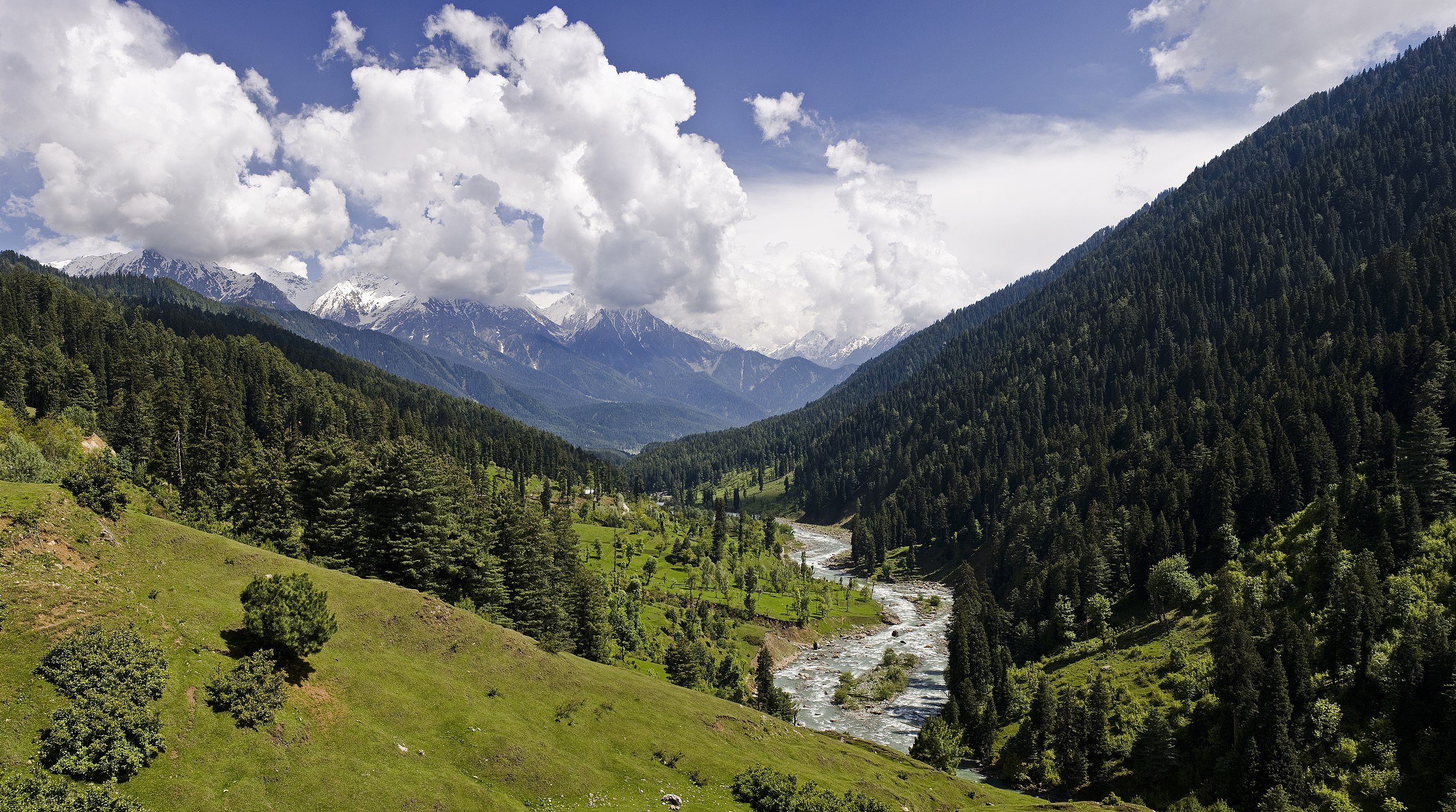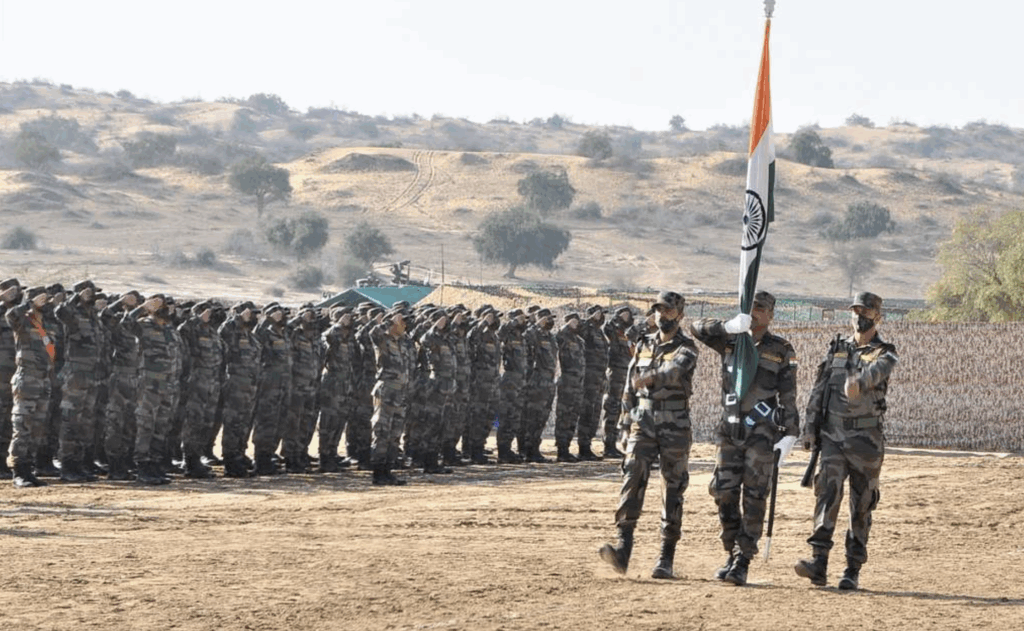A senior Pakistani official in Kashmir reported on Friday that there had been exchanges of fire overnight between Pakistani and Indian troops along the de facto border between the two countries in Kashmir.
"There was an exchange of fire between posts in the Leepa Valley overnight. No shots were fired at the civilian population and life is going on as normal, with schools open," an administrative official in Pakistan-administered Kashmir, Syed Achfaq Gilani, told AFP.
For its part, the Indian army confirmed brief exchanges of small arms fire, which it said were launched by Pakistan and to which it "responded effectively".
On Tuesday, armed men opened fire on a group of tourists in Indian-administered Kashmir, killing 26 civilians. No one has claimed responsibility for the attack, but New Delhi has flared up old tensions by blaming Islamabad.
Pakistan has denounced the accusations as "irrational and illogical" and demanded proof. The two neighbours have already fought three wars since their partition in 1947. In addition, rebels in Indian-administered Kashmir, which has a Muslim majority, have been waging an insurgency since 1989 to gain independence or union with Pakistan.
Since the attack, Indian police have released sketches of three suspects, two of whom are Pakistani nationals. They are described as members of the Pakistan-based Lashkar-e-Taiba (LeT) group. This group is suspected of being behind the jihadist attacks that killed 166 people in the Indian megacity of Mumbai in 2008.
Both India and Pakistan are trying to appease public opinion, which has been whipped into a frenzy by media outlets quick to blame their neighbour for everything, while denying responsibility for the escalation.

A terror attack on 22 April 2025 in the Pahalgam area in Kashmir, pictured above, killed 26 people and placed extra pressure on already tense relations between India and Pakistan. Credit: Wikimedia Commons.
In this tense context, many experts expect an Indian military response. Nationalist Prime Minister Narendra Modi has promised that "India will identify, track down and punish the terrorists and those who support them. We will pursue them to the ends of the earth." Several foreign leaders have expressed their condolences, while the United States has pledged to stand "with India".
"India is waging a low-intensity war against us and if it wants to raise the stakes, we are ready (...) We will not bow to any international pressure," Pakistani Defence Minister Khawaja Asif retorted on Thursday.
The United Nations urged both countries to exercise restraint after both countries imposed mutual sanctions following the attack.
In the days following, tensions escalated as India implemented several measures, including ordering all Pakistanis to leave its territory and suspending a treaty on sharing the waters of the Indus River. Pakistan responded with retaliatory actions.
The Kashmir region was divided between India and Pakistan in 1947 after gaining independence from the British Empire, but both nations claim full control over the entire territory.

